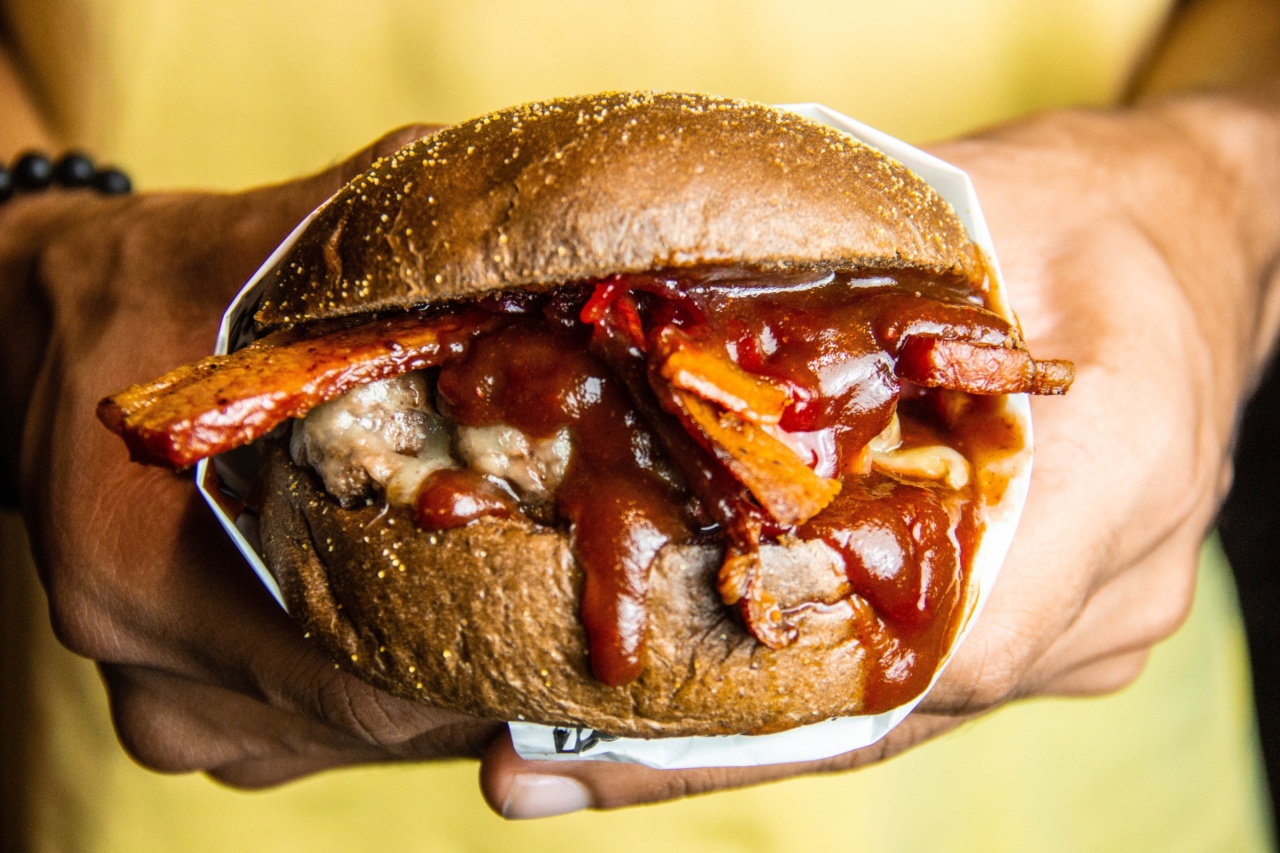Cheese is a universally loved food. Whether it’s melted on a pizza or grated on a salad, cheese adds a delicious flavor to any meal. However, for some of us, cheese can cause bloating and discomfort.
But fear not! There is a trick you can try that might just solve all your cheese-related problems.
What causes bloating?
Bloating is a common symptom that occurs when your stomach feels tight or swollen after you eat. It can be caused by many things, but when it comes to cheese, it’s usually due to lactose intolerance.
Lactose is a sugar found in milk and other dairy products, including cheese. When your body can’t digest lactose, it can cause gas, bloating, and other digestive issues.
What is the trick?
The trick to enjoying cheese without the unpleasant side effects is to choose cheese that has been aged longer. Aged cheese, like cheddar or Parmesan, has less lactose than younger cheese, like mozzarella or brie.
The longer cheese is aged, the more lactose breaks down, making it easier to digest.
Which cheese should you choose?
If you’re looking for a cheese that won’t cause bloating, choose something like cheddar, Parmesan, or Swiss. These cheeses have been aged longer and have less lactose.
This doesn’t mean you have to give up all your favorite cheeses, but it does mean you may need to switch to a different type if your go-to cheese is causing discomfort.
Other cheese-related tips
Aside from choosing aged cheese, there are a few other things you can do to help prevent bloating and discomfort. First, make sure you’re not consuming too much cheese at once. Stick to a serving size of 1-2 ounces.
Second, try pairing cheese with something that can help aid in digestion. Fresh fruits like grapes or apples, or nuts like almonds can help. Third, consider taking a lactase enzyme supplement if you know you’re lactose intolerant. This can help your body break down lactose more easily.
Conclusion
If you’re someone who loves cheese but hates bloating, don’t give up on your favorite food just yet.
Choosing aged cheese, sticking to a serving size, and pairing cheese with other digestive aids can help you enjoy cheese without any discomfort.































